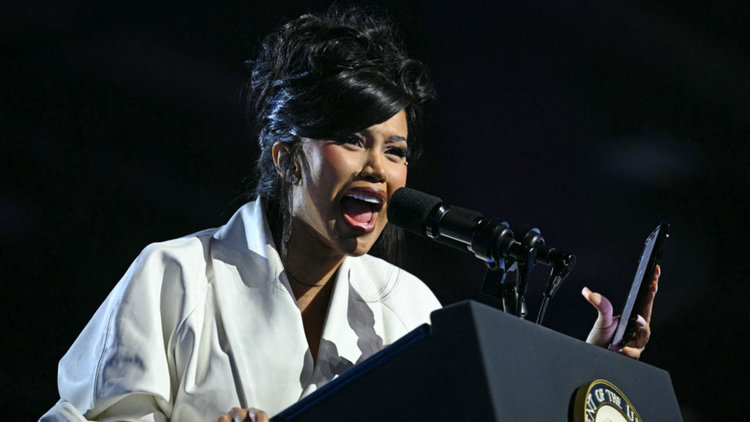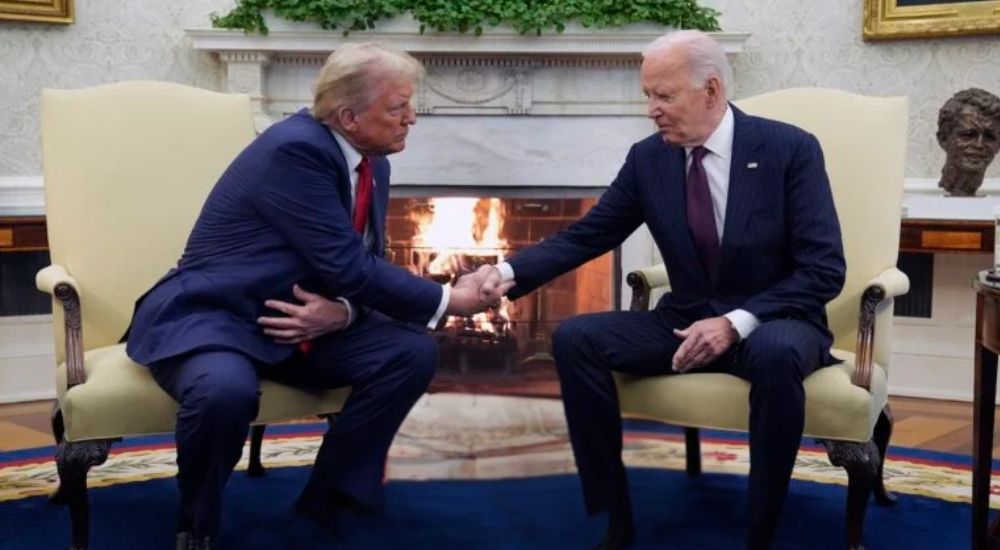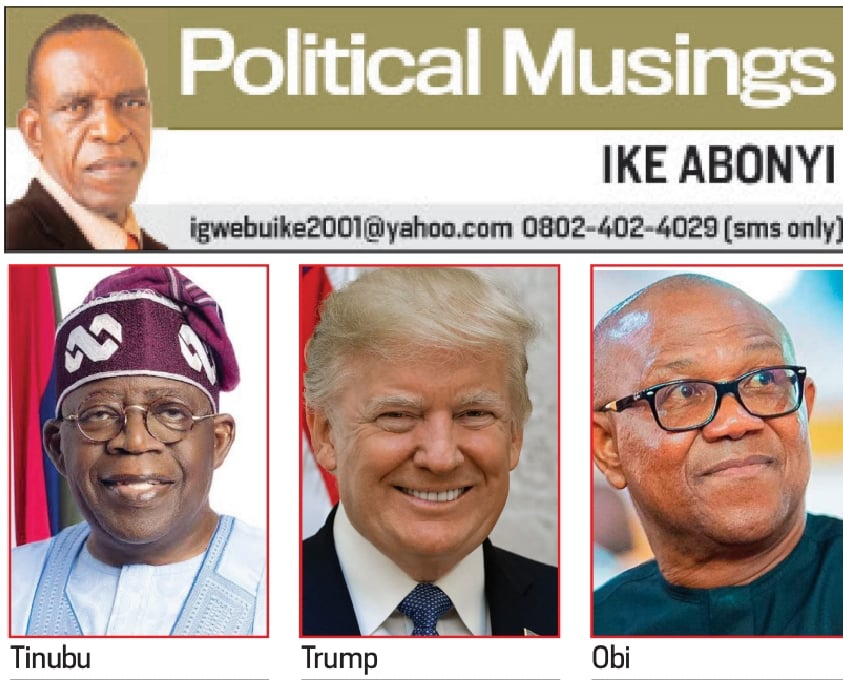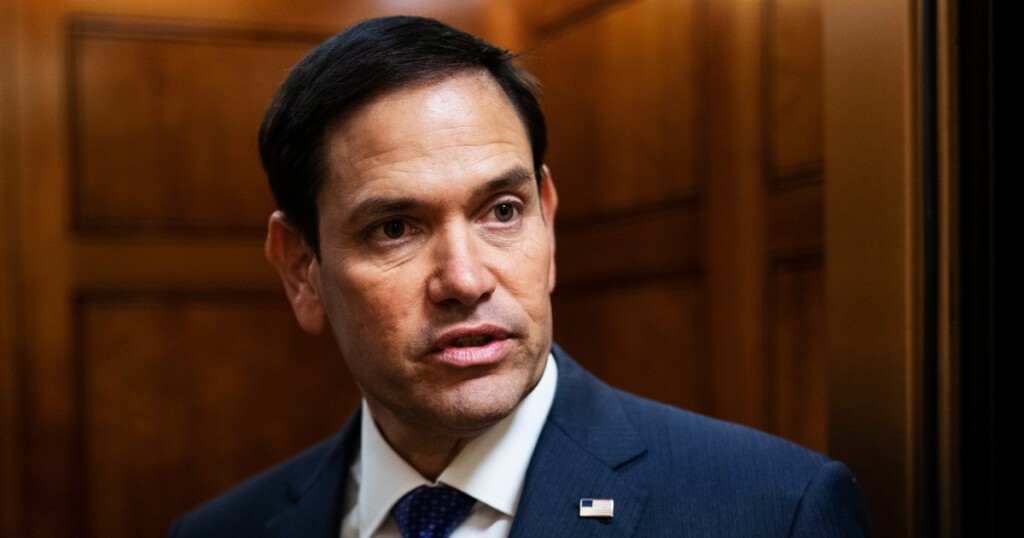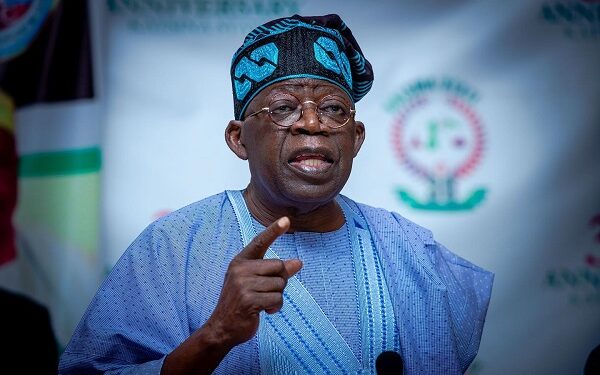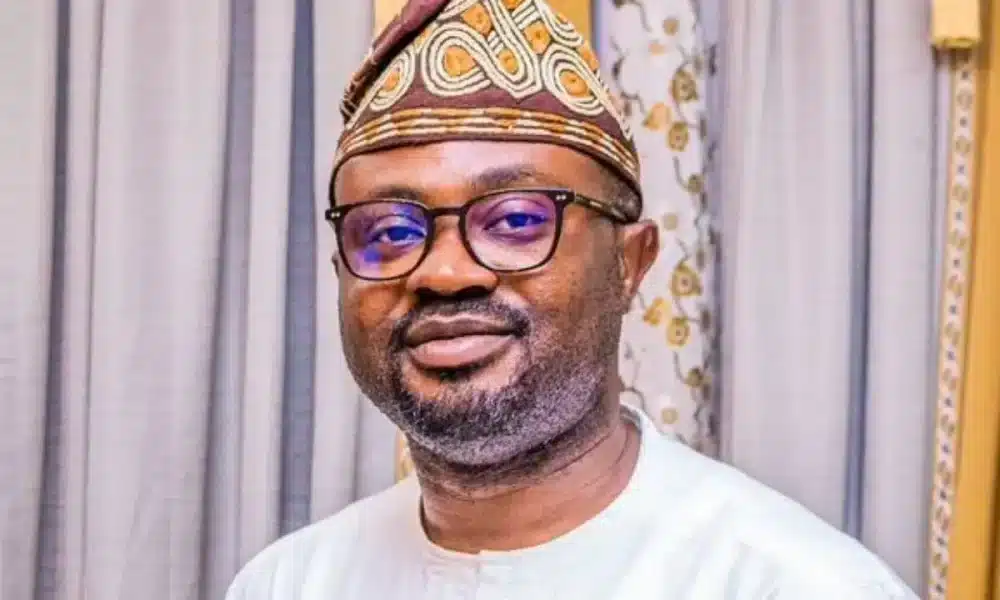Leo Igwe: Politics and (Dis)Honesty About Religious Belief and Non-Belief [MUST READ]
![Leo Igwe: Politics and (Dis)Honesty About Religious Belief and Non-Belief [MUST READ]](https://www.tamfitronics.com/wp-content/uploads/2024/07/92148-leo-igwe-politics-and-dishonesty-about-religious-belief-and-non-belief-must-read.jpg)
Politics tamfitronics
Some days ago, Andrew Copson, the chief executive of Humanists UK and president of Humanists International, posted on his LinkedIn page, “We’re so lucky to live in a country where at least most people are confident to be honest about their beliefs.” He was commenting on the nonreligious nature of the current British parliament.
The post made me think about the relationship between faith and politics in Nigeria. He noted that while the US had only two nonreligious members of the congress, the UK had just elected its seventh nonreligious prime minister, and the most openly nonreligious House of Common, as its lower house of parliament is called, in history. Well, compared to Nigeria, Americans are lucky.
The US has two nonreligious congress members. In Nigeria there is none. We have no openly nonreligious members of the parliament. And Nigeria may not have any soon. I have not surveyed other African countries. The situation is likely the same thing in these places. We may have nonreligious parliamentarians in South Africa, among the white members.
I found the phrase, “confident to be honest about their belief” striking. That is the real issue in politics in Nigeria and by extension throughout Africa. In matters of faith or religion, many politicians cannot be trusted. Politicians are not confident about what they believe. Politicians are not honest about their beliefs. The irony is that we confidently know they are not sincere about their faith. We confidently know that they know that they are not honest about what they say they believe. They are merely playing politics. So the question is: why does this culture of dishonesty about faith persist in politics?
First, politics is not about being honest. Politics is about power, about gaining and using power. It is more about winning an election and winning the highest number of votes. Politicians do and can do anything to win. Many promise what they would not do. They profess what they do not believe in as long as that would get them to win.
More importantly, there is a transactional relationship between faith groups and politicians. The relationship is a case of one party doing one thing and expecting something in return. But the power dynamics tilt more to the side of religious believers. Politicians play to the gallery, the religious gallery.
A Nigerian politician, Shehu Shagari, once said that nobody could oppose Islam and win politically in northern Nigeria. Political success is tied to religion, in this case Islam. The same applies to southern Nigeria, where Christianity is dominant.
Faith groups have the votes and numbers. They compel their members to vote along religious lines. To get votes, and power politicians profess faith in God or align with the religion of the majority; they claim to be believers even when they are not. Otherwise, they are voted out. They lose to the more openly pious, more Christian, more Muslim, and more godly politicians.
During campaigns, politicians carry the holy books with them; they quote verses from the sacred texts to sanctify their speeches, promises, and propositions. They conduct and confirm themselves as religiously belonging. Nigerian politicians travel to Mecca, Jerusalem, and Rome for pilgrimages. They publish photos where they are praying or clerics are praying for them.
When elected they make policies to please and appease the religious base so that they can retain power or be reelected. As long as there is this huge political capital in religion, and this transactional relationship persists, politicians won’t be confident and honest about their beliefs and nonbeliefs.
Leo Igwe is a humanist chaplain and a member of the International Association of Chaplains. He is also the founder of the Nigerian Humanist Movement. He was the Western and Southern African representative to IHEU, the International Humanist and Ethical Union. He can be reached by email HERE.
The opinions expressed in this article are solely those of the author.


![leo igwe: politics and (dis)honesty about religious belief and non-belief [must read]](https://www.tamfitronics.com/wp-content/uploads/2024/03/electronic-frontier-foundation-complete-electronic-music-production-for-edm-music-producers-150x150.jpg)
![leo igwe: politics and (dis)honesty about religious belief and non-belief [must read]](https://www.tamfitronics.com/wp-content/uploads/2024/03/home-and-kitchen-for-menmasculine-kitchen-design-for-men.jpg)
![leo igwe: politics and (dis)honesty about religious belief and non-belief [must read]](https://www.tamfitronics.com/wp-content/uploads/2024/03/electronic-design-automation-pcb-design-and-electronic-circuit-analysis-with-pads-pro-150x150.jpg)
![leo igwe: politics and (dis)honesty about religious belief and non-belief [must read]](https://www.tamfitronics.com/wp-content/uploads/2024/03/extra-savings-master-1031-exchanges-ultimate-guide-to-tax-savings-in-2024-150x150.jpg)
